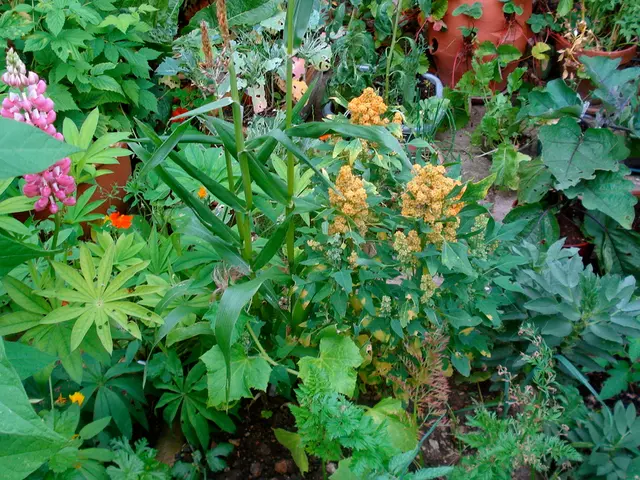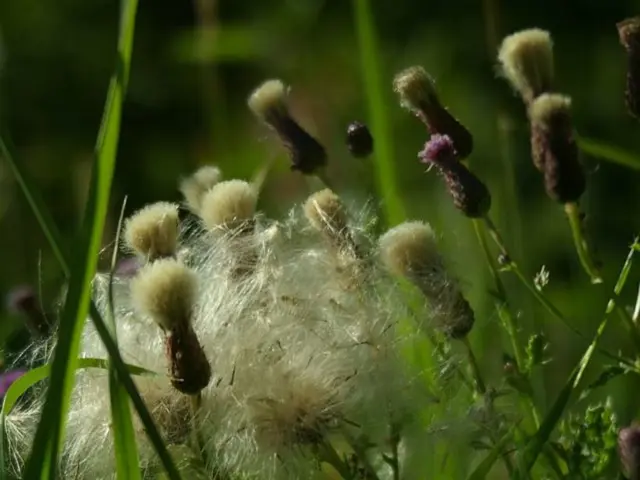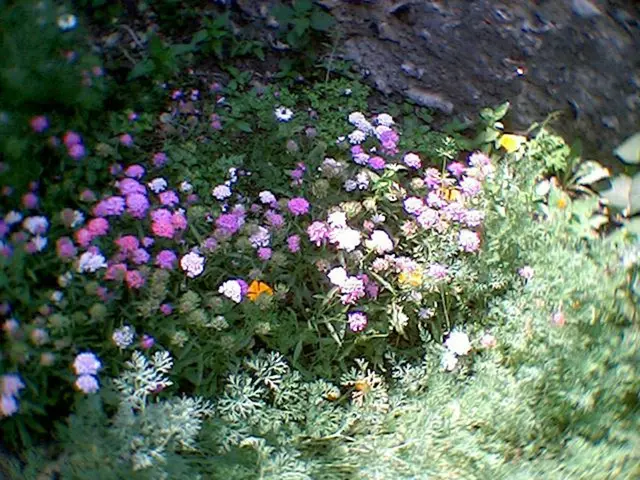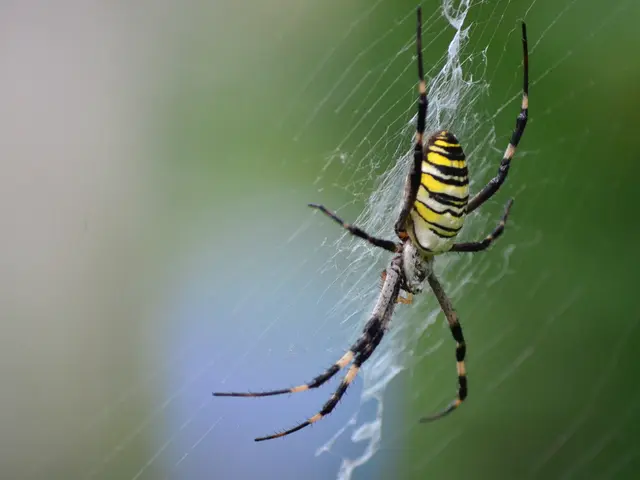Eliminating garden snails: Practical methods for snail control in your vegetable patch
Crafty Creatures on the Rampage: Battling Slugs in Harburg, the Sneaky Garden Invaders - A Smart Guide
Traditional gardens in Harburg are bursting with juicy strawberries and vibrant vegetables, all thanks to the generous rainfall. However, along with these delightful treats, slimy slugs have also made a comeback, causing heartache for many passionate home gardeners. But fear not! We've got the lowdown on effectively managing these slimy interlopers.
Taming the Slug Tides Sustainably - Skip the Beer and Embrace Nature's Helpers
In an effort to curb the slug population, the Nature Conservation Union (NABU) suggests adopting a more organic approach - promoting natural predators such as ground beetles, blind snakes, toads, and hedgehogs by providing them with cozy habitats like stone, leaf, and wood piles. These allies will help keep the slugs at bay, ensuring a harmonious garden ecosystem.
Unfortunately, the widespread Spanish slug has outsmarted our friendly critters. Its potent slime, rendering it unpalatable to predators, and its drought tolerance make it a formidable foe. It's quite challenging for enthusiasts to differentiate the Spanish slug from native slugs, as the distinguishing stripes only appear on the young ones.
Coffee, Grounds, and Rain - Why Your War on Slugs is Hardly a Roast
Gardeners have resorted to various friendly methods to tame the slug menace - sprinkling coffee grounds, using sawdust, and adding lime are some popular practices. However, Matthias Schuh, the gardener at the Freilichtmuseum am Kiekeberg, cautions that these elements lose their effectiveness once they get wet and are overrun by slugs during the next rainfall.
Some gardeners rely on slug barriers, plastic protection rings, copper strips, or Schnexagon-painted pots. Schuh highly recommends Schnexagon for raised beds, pots, and containers, but advises gardening aficionados to eliminate slugs from these bounded spaces before applying the non-stick coating.
The Slug Bait Dilemma: Metal vs. Earth - Both Plug the Drain, but with Different Costs
Two common slug bait active ingredients exist – metaldehyde and iron(III) phosphate. While metaldehyde is stronger and more potent, it's controversial due to its potential harm to other animals and the environment. Iron(III) phosphate, a more eco-friendly alternative, works by transforming into plant-essential nutrients in the soil through microorganisms and organic acids when consumed by slugs. However, slugs must ingest a substantial amount of iron-III-phosphate for it to work effectively.
Sultry Summer Days: Protecting Your Plants and the Drain on Your Patio
In an effort to counter the effects of the slug influx, some lazy slug traps and beer-filled containers can be found online. However, Matthias Schuh warns that these traps may lure slugs from neighboring gardens towards your plants, causing more harm than good.
The Animal Welfare Organization Peta - A Voice for the Silent Slugs
To manage severe slug infestations, Schuh recommends regular collection at dusk or in the early morning and late evening hours. During the long days of summer, you can also place boards, newspapers, or rhubarb leaves on the lawn to serve as hiding spots for the slugs. Peta advises compassionately releasing them in a secure location like a meadow.
In a surprising twist, Peta holds slugs in high regard, viewing them as "great animals" that play an essential role in the ecosystem by consuming decomposing matter and fallen fruits.
The Nasty Option - But It Gets the Job Done
For those who prefer a more efficient yet less humane approach, boiling water serves as a swift death for collected slugs. Simply pour the boiling slug soup into a pot or bucket and bury it to avoid attracting additional slugs.
Getting a Head Start - Preventing the Infestation Before It Begins
A wise preventive measure is searching for and removing moist areas that slugs favor, such as tall grass edges. Mulching, which is commonly used in organic gardening, may unintentionally create ideal slug conditions in rainy years.
Ducks as Garden Superheroes - The secret Weapon against Slugs
The museum gardener emphasizes that not all slug species are destructive - some, like tiger slugs, eat slug eggs or clutches. For instances when your garden requires a light touch, consider enlisting runner ducks as natural, feathered, and affectionate helpers. They can effortlessly devour slugs in an eco-friendly manner. Just remember not to let them munch on the tiger slugs!
In essence, managing slug infestations often requires a combination of methods. For example, barriers like copper mesh or natural predators like ducks are effective at protecting single plants, while beer traps can assist with control in a broader sense. Weigh the pros and cons of each approach to create an effective, personalized strategy for your garden.
Incorporating home-and-garden practices to curb slug populations might involve aspects beyond coffee grounds and sawdust. For example, the use of slug barriers, plastic protection rings, or Schnexagon-painted pots can provide added protection. (Home-and-garden, slug barriers)
Gardening enthusiasts, looking to embrace a more sustainable lifestyle, could consider attracting natural predators like ground beetles, blind snakes, toads, and hedgehogs to help control slug numbers. Creating cozy habitats using stone, leaf, and wood piles will encourage these helpful creatures to thrive in the garden. (lifestyle, home-and-garden, gardening, natural predators)








